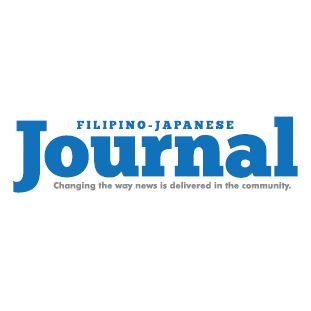MANILA – Japan and the Philippines have exchanged diplomatic notes to bring their Reciprocal Access Agreement (RAA) into force on Sept. 11.
The accord, signed on July 8, 2024, sets procedures for cooperative activities when the Japan Self-Defense Forces and the Armed Forces of the Philippines visit each other’s territory and defines the status of visiting forces. It is expected to facilitate joint exercises, humanitarian assistance and disaster relief operations, while improving interoperability between the two militaries.
The exchange of notes was carried out on Aug. 12 at the Department of Foreign Affairs (DFA) in Manila by Foreign Affairs Secretary Maria Theresa Lazaro and Japanese Ambassador to the Philippines Kazuya Endo, with Defense Secretary Gilberto Teodoro Jr. serving as witness.

Japanese Ambassador to the Philippines Kazuya Endo (center) and Foreign Affairs Secretary Ma. Theresa Lazaro (7th from left) exchange notes during a ceremony at the Department of Foreign Affairs on August 12, 2025, in Manila, Philippines. The exchange marked the entry into force of the Japan-Philippines Reciprocal Access Agreement. Defense Secretary Gilberto Teodoro Jr. (6th from left) witnessed the ceremony.
Endo described the agreement as a “transformative step forward” in bilateral relations, noting its swift approval by the Philippine Senate in December 2024 and the Japanese Diet in June 2025.
“Japan recognizes the Philippines as an indispensable partner, strategically positioned at the heart of the Indo-Pacific and united through our shared core values of freedom, democracy, and the rule of law,” he said.
In a statement, the DFA said the agreement “provides a legal and administrative framework for the entry into and exit of defense forces, vessels, aircraft, and equipment for the purpose of training and conduct of activities mutually agreed upon by the parties.”
Teodoro said the accord marks a step forward in the “long and meaningful history” of bilateral ties. “It reflects our strong people-to-people ties, shared democratic values, and a common purpose grounded in peace, security, and mutual respect,” he said. - Florenda Corpuz
(Photos courtesy of Department of Foreign Affairs)


